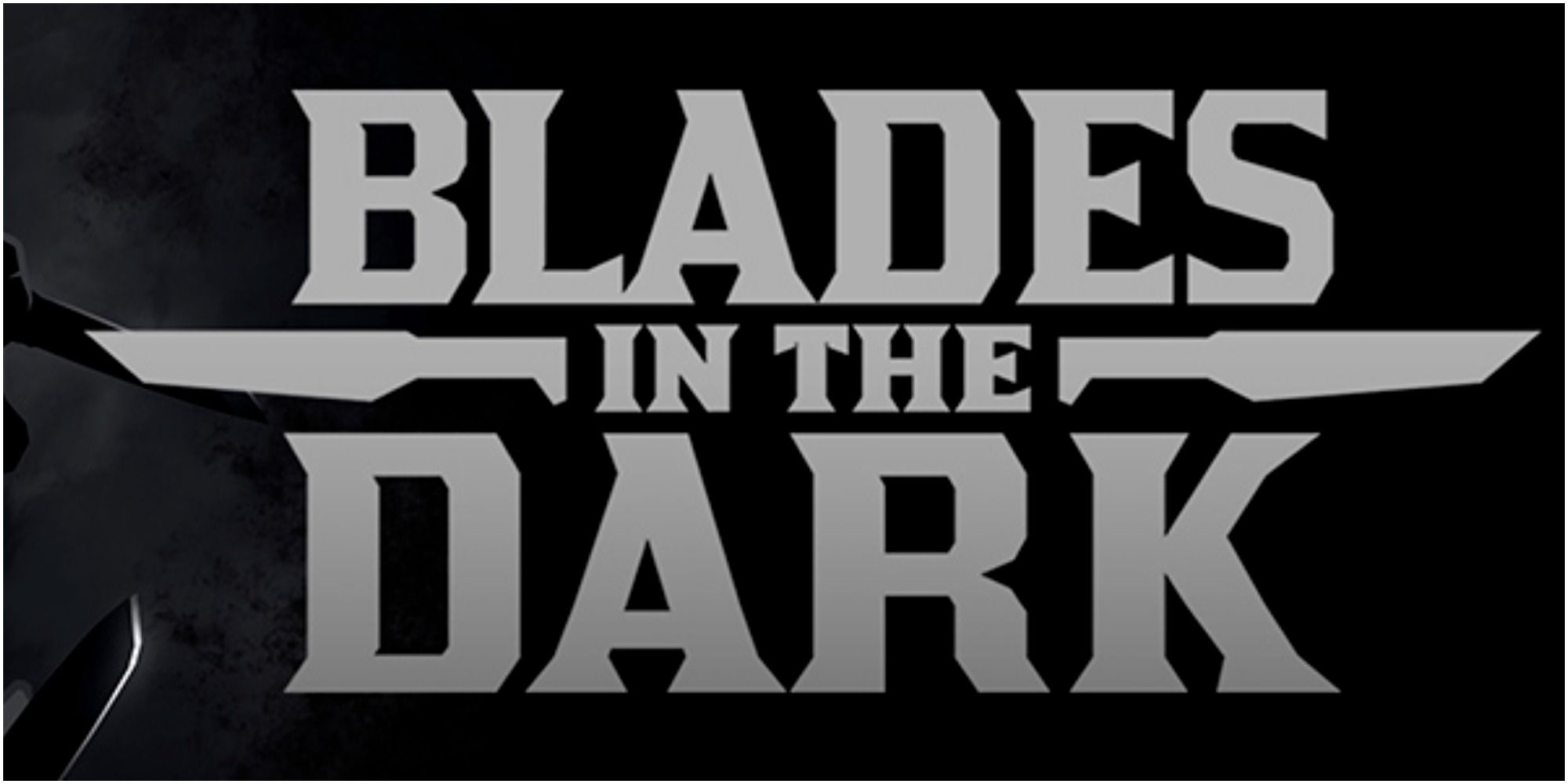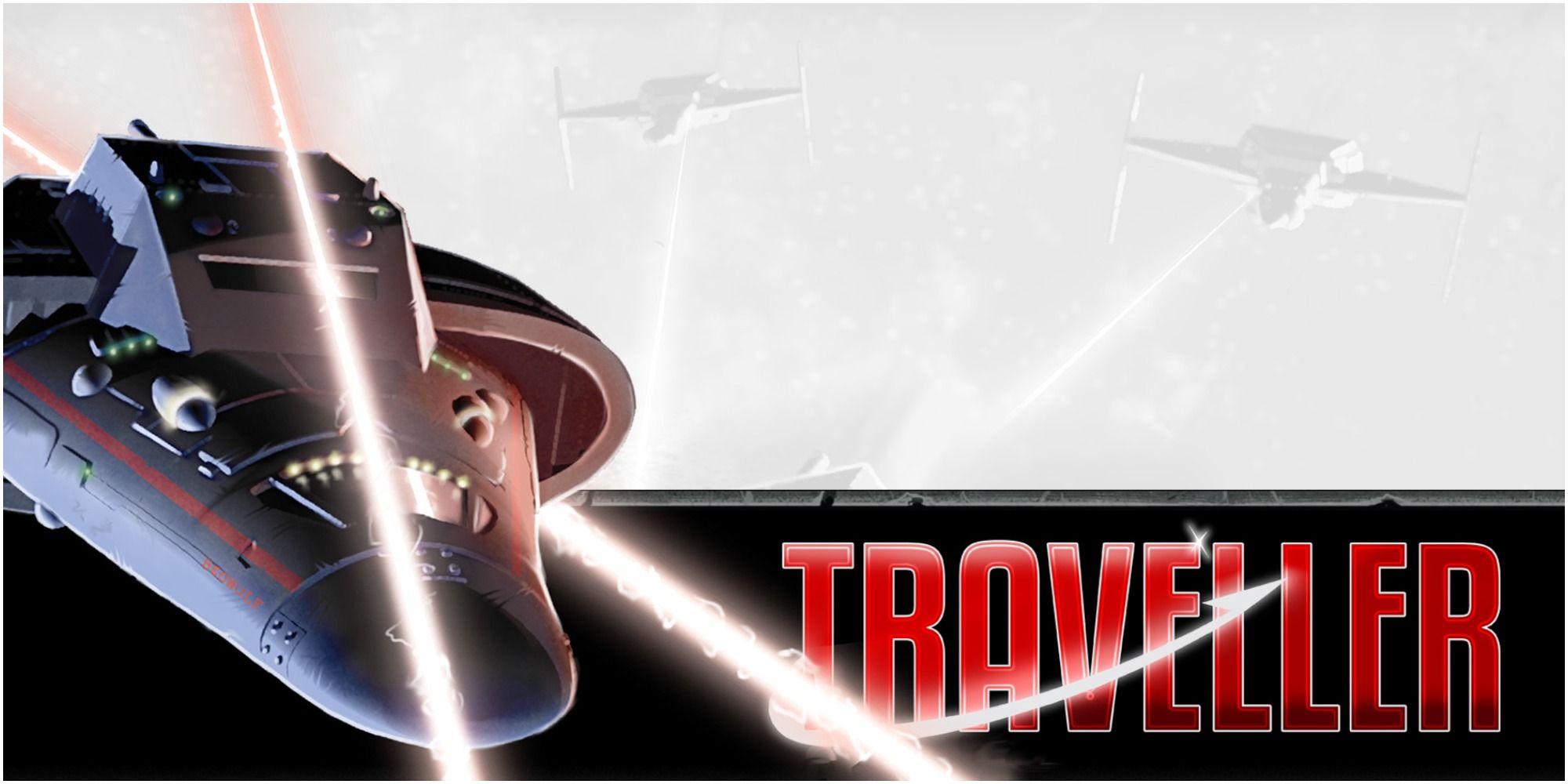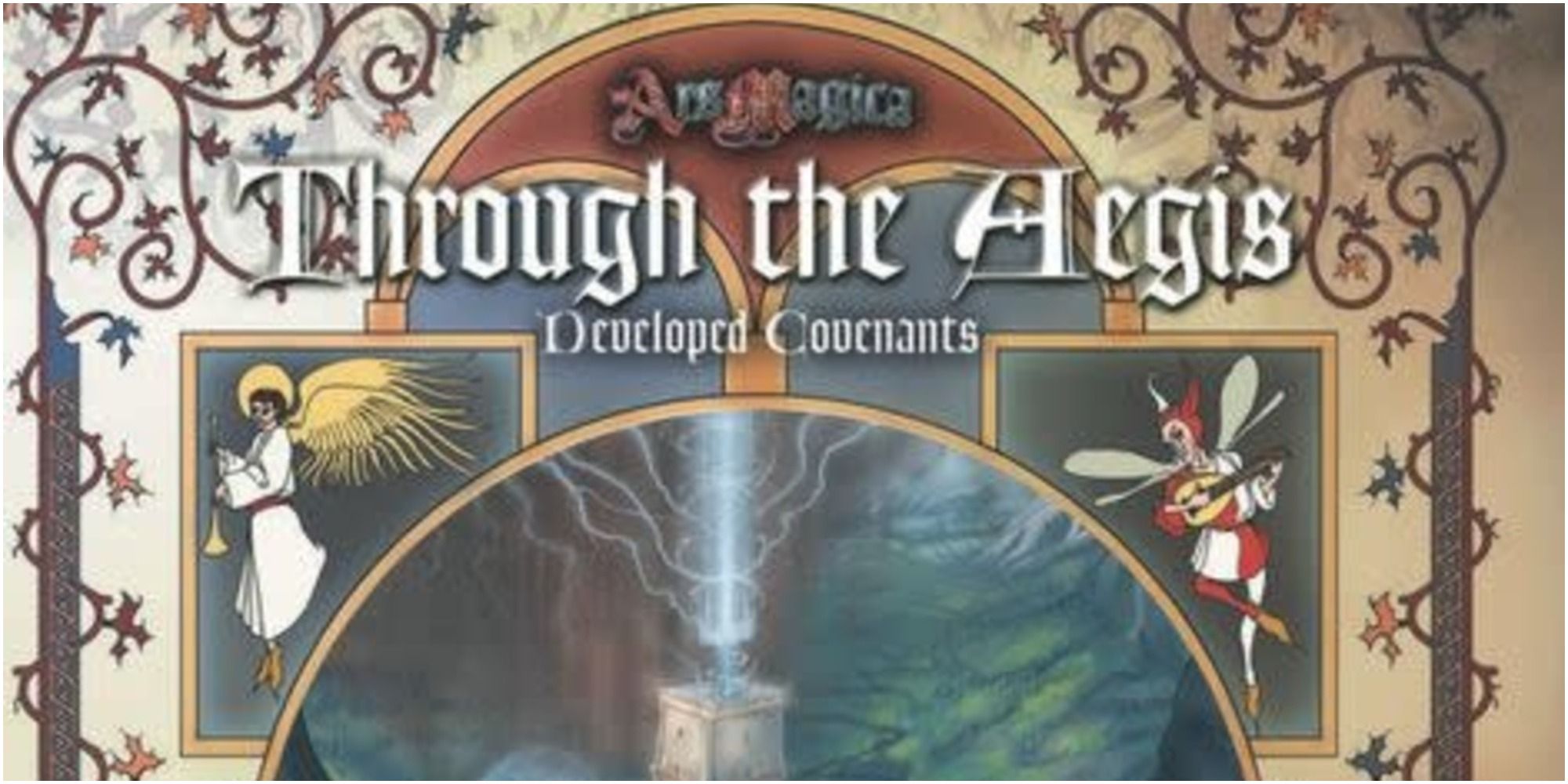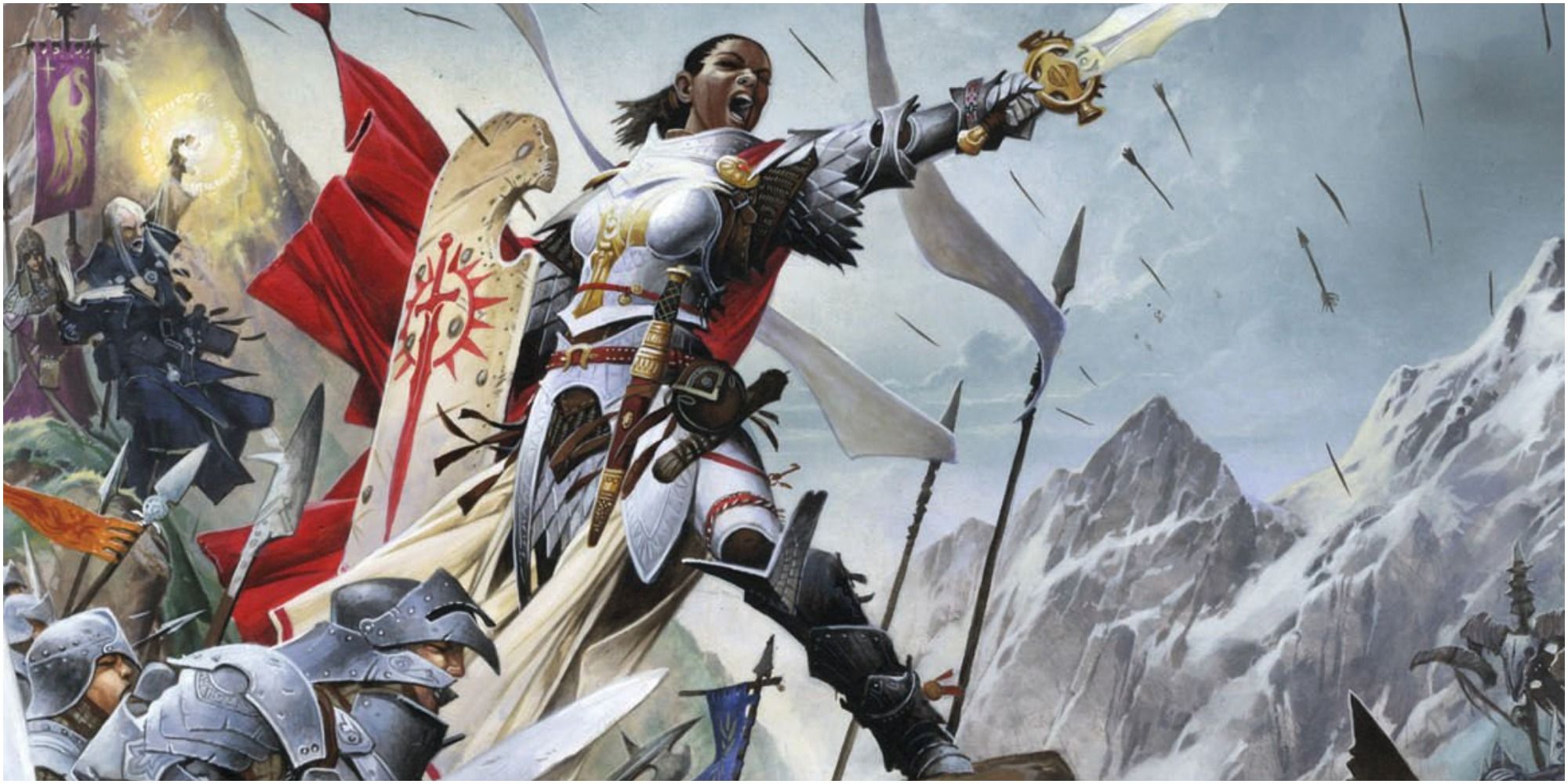As much as we love the RPG genre of video games, there's nothing quite like a tabletop RPG. While video games intrinsically come with the limitations that go along with a programmed medium, tabletop RPGs allow players' imaginations to shape the boundaries of what is and what isn't possible in a given game.
While Dungeons & Dragons is a household name and the game that the majority of people think of first when it comes to tabletop RPGs, there are countless others that don't get the attention they deserve. So today, we're going to shine a light on ten lesser-known tabletop RPGs worth trying out.
Updated on June 6, 2022 by Paul DiSalvo: Tabletop RPGs are a diverse medium, providing players with unparalleled freedom and rewarding creating thinking. Tabletop RPGs can offer a wide range of themes and tones to lighthearted and comedic options, dramatic fantasy adventures, or even games deeply rooted in psychological horror. While D&D is the most widely popular tabletop RPG on the market, as many games feature mechanics that can directly incorporate theming and tone into gameplay, there are options perfect for players with various tastes.
13 Power Rangers The Roleplaying Game
The most recently released game on this list, as the self-explanatory name would imply, the Power Rangers The Roleplaying Game is a tabletop RPG based on the Power Rangers franchise. Featuring a d20-focused system aimed at fans of Power Rangers, it offers solid mechanics such as accessible re-rolls provided to each character.
Additionally, the game features diverse gameplay home to both traditional battles and those that utilize the franchise's giant mechanical Megazords, with players able to customize their own Zords.
12 Root: The Tabletop Roleplaying Game
Based on the fantastic board game Root, the tabletop adaptation is an endearing RPG that features the same art and charm as the original game but in a much more free-form manner. While Root is a game in which players have different objectives based on one's role, players are still constrained by the rules that must be adhered to in a board game.
An alternative with an additional degree of flexibility, Root: The Roleplaying Game maintains the original game's core themes, concept, setting, and characters but recontextualizes them into a role-playing tabletop game. This makes it a great choice for those who are fans of the original Root and fans of tabletop RPGs alike while being an accessible option for those newer to the genre as well as younger players.
11 Lancer
Lancer is an excellent and robust tabletop RPG rife with player customization options for those interested in giant robots. Filled to the brim with unique robots for player characters to pilot, the various mechs in the game provide a wide range of utility and customization options, functioning comparably to different character classes with their own strengths and weaknesses.
Unlike games like Dungeons & Dragons, which require a player to utilize a wide range of dice, Lancer's streamlined gameplay system notably only requires the use of a d20 and a d6. In addition to its strong gameplay, Lancer sports a strong visual identity, with the gorgeous illustrations of the game's various robots being a highlight of the game.
10 Honey Heist
Easily the smallest and most straightforward game on this list, Honey Heist is a game with only a single page of rules designed to be used to run hilarious one-shot games. Revolving around performing the game's namesake heist, each player assumes the role of a bear, only needing to keep track of two stats: criminal and bear. While the bear stat is used for any actions that would involve using one's bear traits, such as climbing and mauling, the criminal stat is used for any non-bear actions.
While the game is straightforward, it is an excellent lighthearted game for those looking to get a quick one-shot in without learning new mechanics or setting up complex character sheets. Honey Heist is a hilarious and casual option perfect for a one-off game for those looking for a laidback means of introducing their friends to the tabletop RPG genre.
9 Deadlands
While most associate tabletop RPGs with classic fantasy aesthetics, Deadlands is a game that uniquely blends horror with wild west tropes. Originally released in 1996, the game truly embraces its aesthetic, directly using a standard deck of cards and poker chips in gameplay, going as far as to use playing cards as part of the character generation method.
While the game utilizes the same dice as games like D&D, the integration of playing cards in several aspects of the game make it an incredibly distinct gameplay experience.
8 Shadowrun
Dating back to 1989, Shadowrun is a tabletop RPG that puts a twist on classic fantasy races like dwarves, elves, and orks but puts them within a science fiction setting rather than one of fantasy. This allows the game to function as a unique mix of sci-fi and fantasy elements featuring advanced technology right alongside powerful magic spells.
Unlike D&D, which uses several different types of dice, Shadowrun is based around a streamlined D6 gameplay system.
7 Call Of Cthulu
First released in 1981, Call of Cthulu is a horror tabletop game loosely based on the H.P. Lovecraft story of the same name. Filled to the brim with eldritch and psychological horror, Call of Cthulu is based explicitly around horror, and its gameplay systems reflect this, having mechanics that reflect things such as a character's mental state and their deteriorating sanity.
Uniquely, characters in Call of Cthulu tend to take the form of everyday people and do not level up over the course of the game, meaning a character's starting HP will be their maximum HP for the whole game.
6 Mekton Zeta
For those who are fans of classic mecha anime like the Gundam series, Mekton Zeta may be the tabletop game for you. First released in 1984, while the game is old enough that physical copies are hard to come by, the rules of the game are readily available online.
As a mecha-based game, rather than revolving around designing the stats of one's player's character, the emphasis is put on one's giant robot, its traits, abilities, and attacks.
5 Feng Shui
To put it plainly, Feng Shui is essentially the tabletop RPG equivalent of hack and slash video games like Dynasty Warriors. Not only is Feng Shui based around plowing through waves of inconsequential enemies, it also features systems that directly reward players for describing the over-the-top way they carry out their attacks, providing bonuses for creativity.
While this doesn't make Feng Shui the most serious or dramatic RPG around, it leads to any session of the game being an absolute blast.
4 Blades In The Dark
One of the quintessential steampunk tabletop RPGs on the market, Blades in the Dark was first released in 2017 and puts players in the roles of criminals within the seedy underbelly of steampunk cities. Revolving around pulling off heists by using the specializations of the game's various classes, like Shadowrun, the game utilizes an easy-to-learn D6 system, rather than using a myriad of dice types.
For those in love with steampunk aesthetics or those who tend to gravitate towards roguish characters in other games, Blades in the Dark is likely for you.
3 Traveller
Dating back all the way to 1977, Traveller is one of the oldest still-running science fiction RPGs around. With an easy-to-learn D6 system, the game can be flexibly used for a myriad of types of stories, featuring several mechanics that focus on interstellar travel.
Traveller features a distinct "life-path" character creation system that determines aspects of one's character based upon choices they made prior to the start of a campaign. Hilariously, this mechanic can hypothetically lead to a character dying in the midst of character creation, though it's incredibly unlikely.
2 Ars Magica
A very innovative fantasy RPG, Ars Magica features several dynamic mechanics that distinguishes it from other noteworthy fantasy RPGs like D&D.
Firstly, rather than having a single GM run the game, this role alternates between players over the course of the game, allowing the role to be given to different players between sessions or arcs. Additionally, rather than have each player control a single character, Ars Magica has players control several characters, allowing them to utilize different characters when their primary character is unavailable due to campaign-related reasons. Most notably, the game features a fascinating magic system that effectively allows players to create spells on the fly using the game's resources.
1 Pathfinder
Pathfinder is easily one of the most mechanically sound and polished tabletop RPGs around. Building upon the foundation of D&D's 3.5 edition and expanding upon nearly every area of the game, at this point, D&D's fifth edition and Pathfinder are decidedly different gameplay experiences.
However, no matter what the game does, it will always live in the shadow of Dungeons & Dragons. While Pathfinder is quite a popular RPG, when one of the most outstanding games within genre is still considered obscure when compared to the face of tabletop RPGs, it's definitely underrated by comparison.

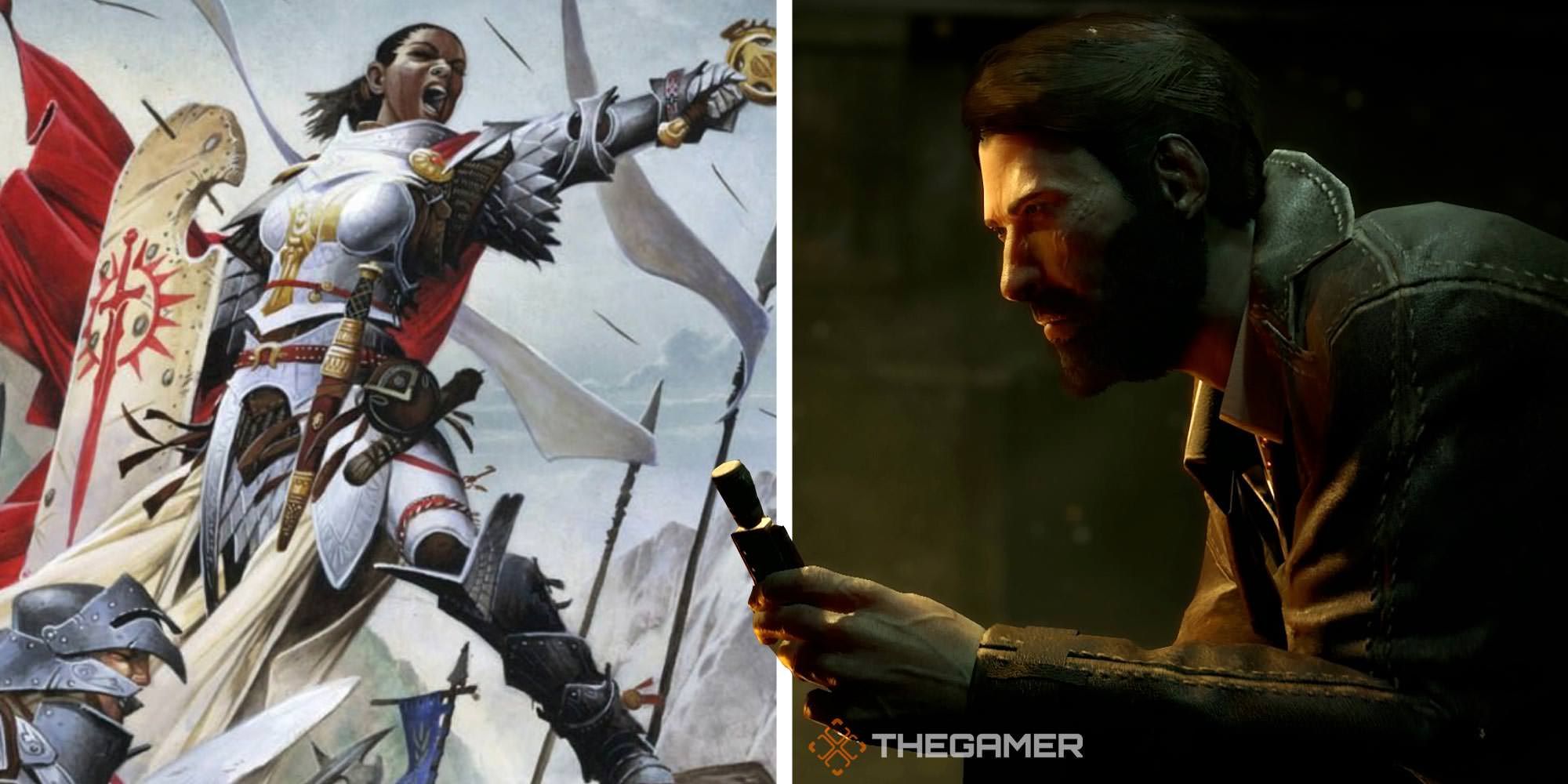
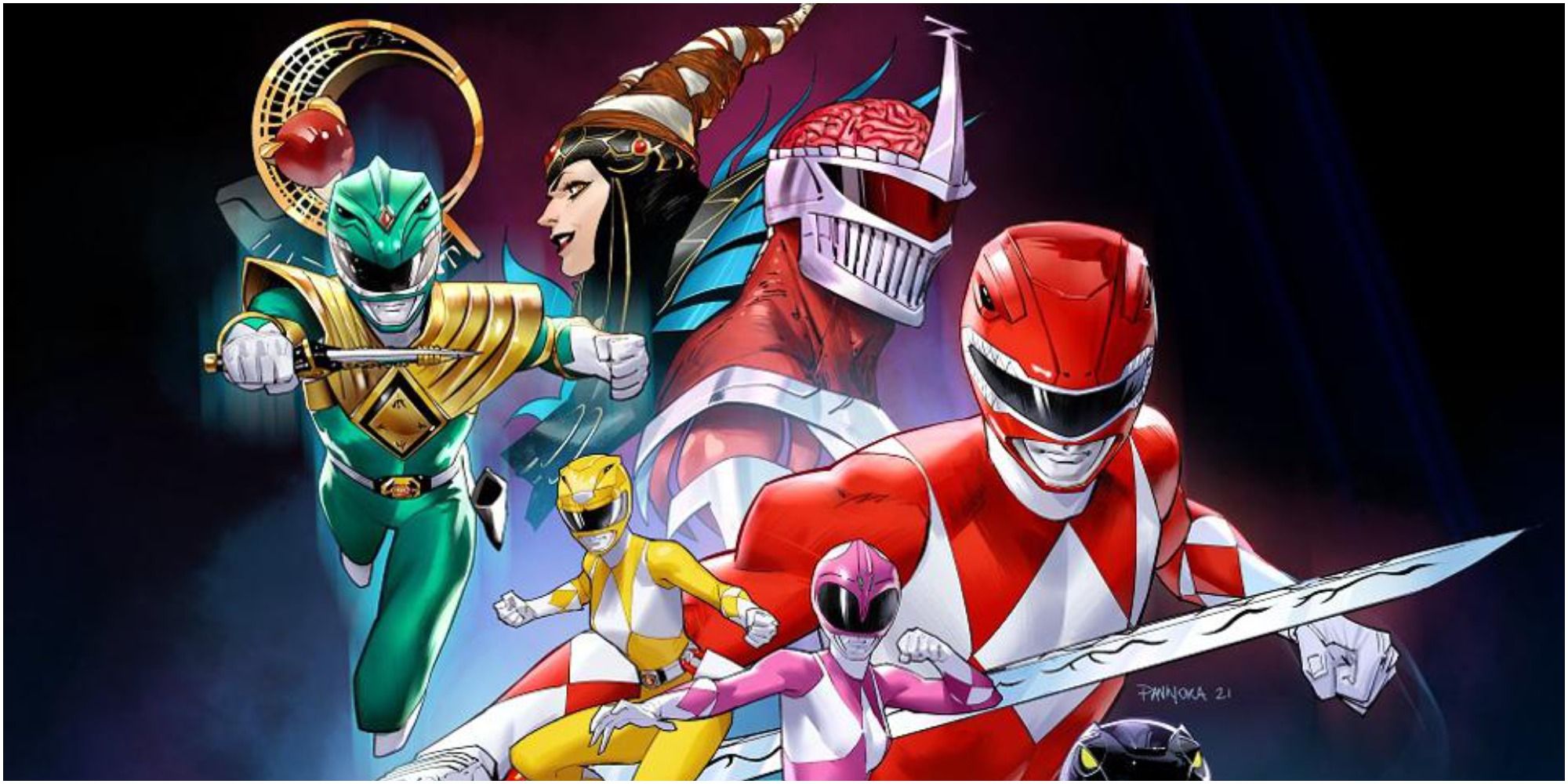
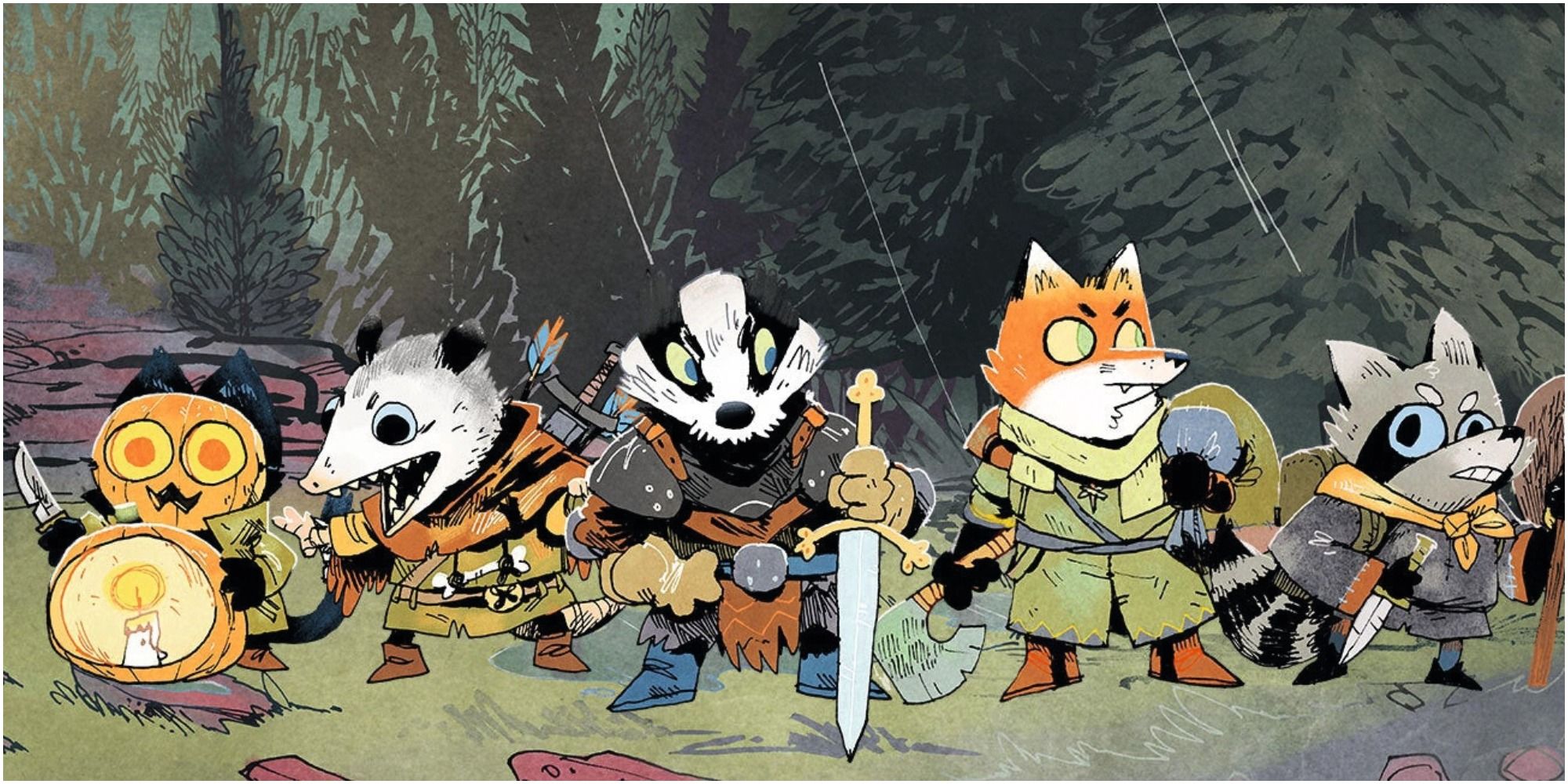
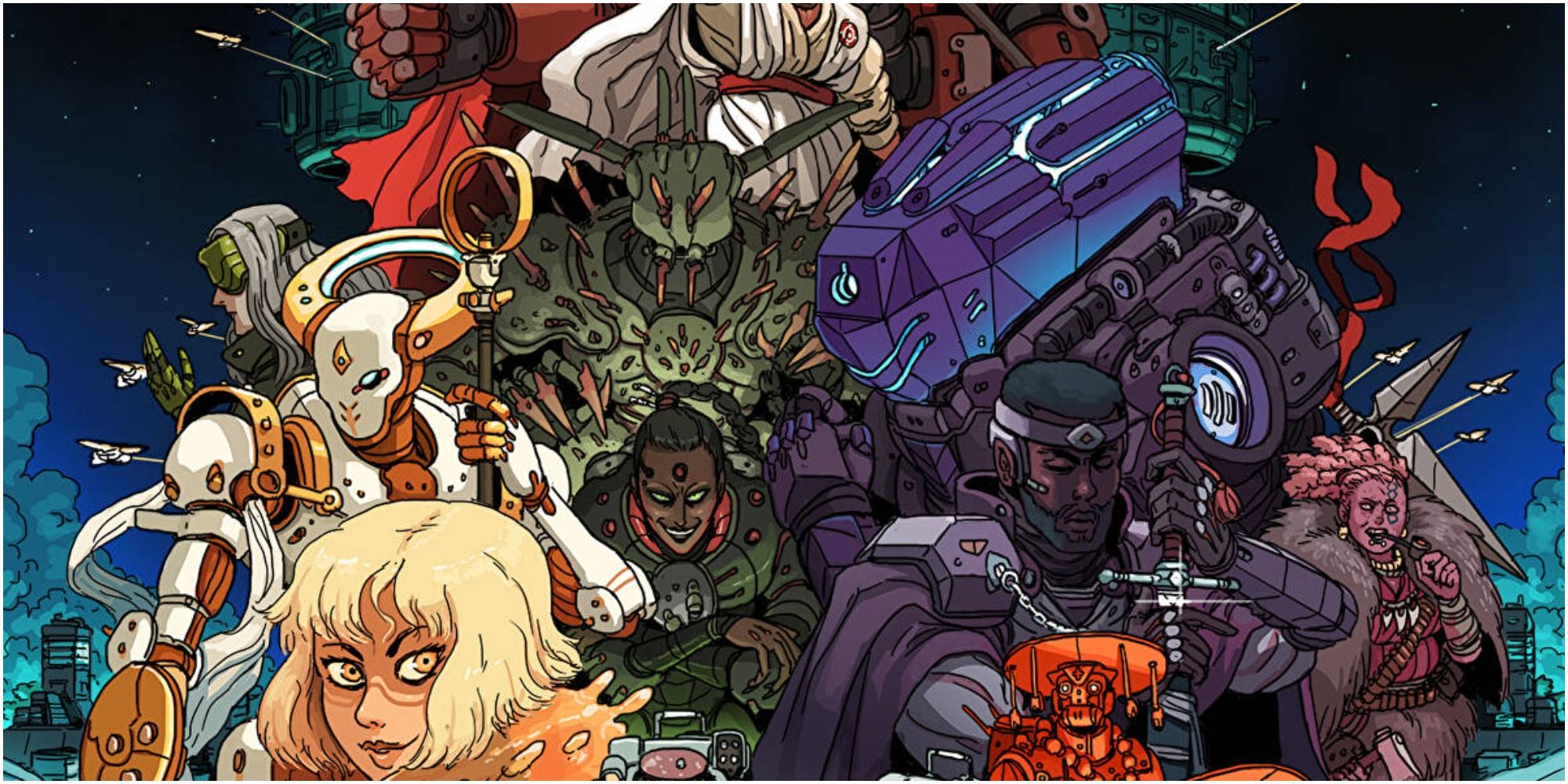
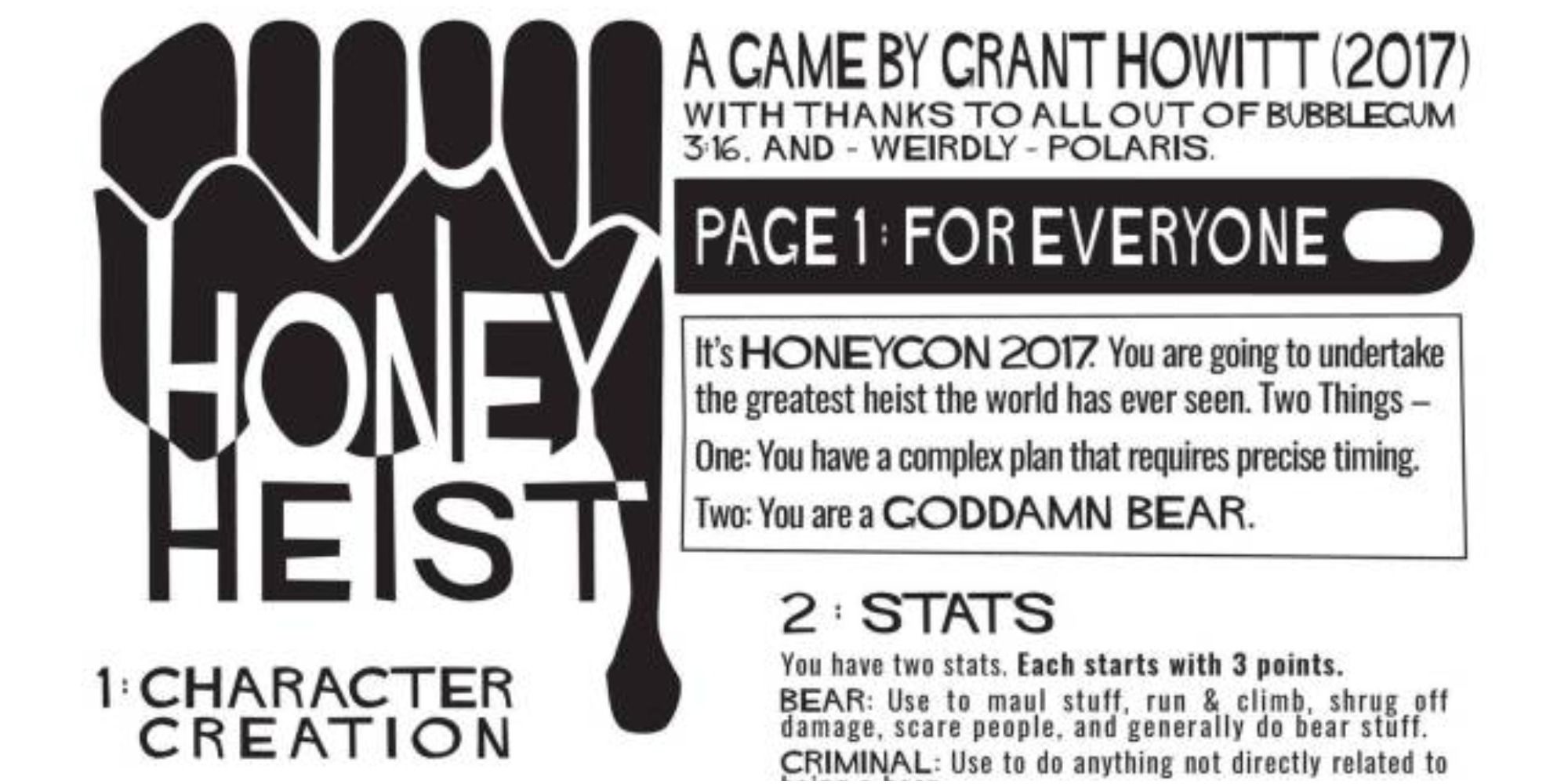
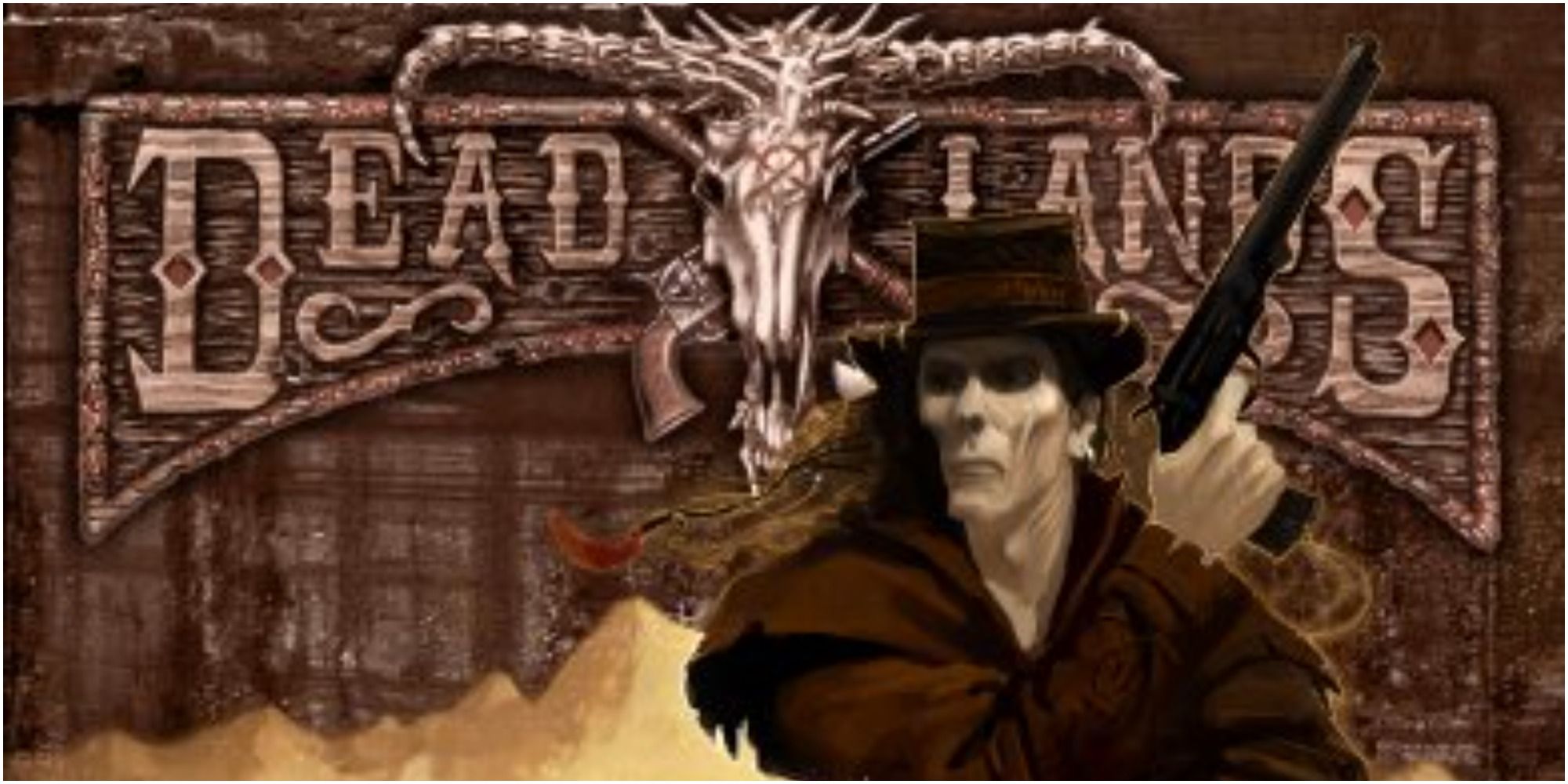
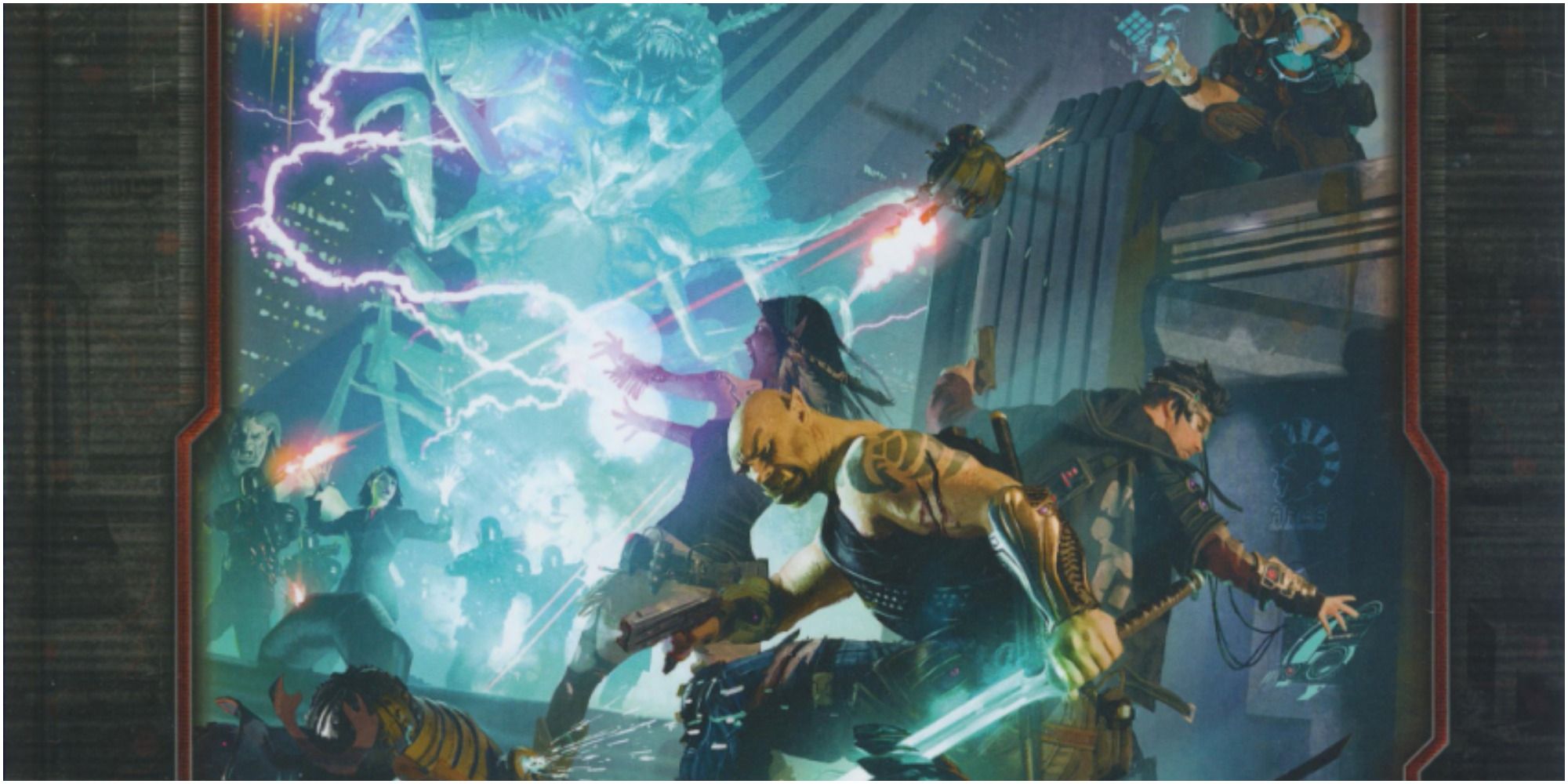
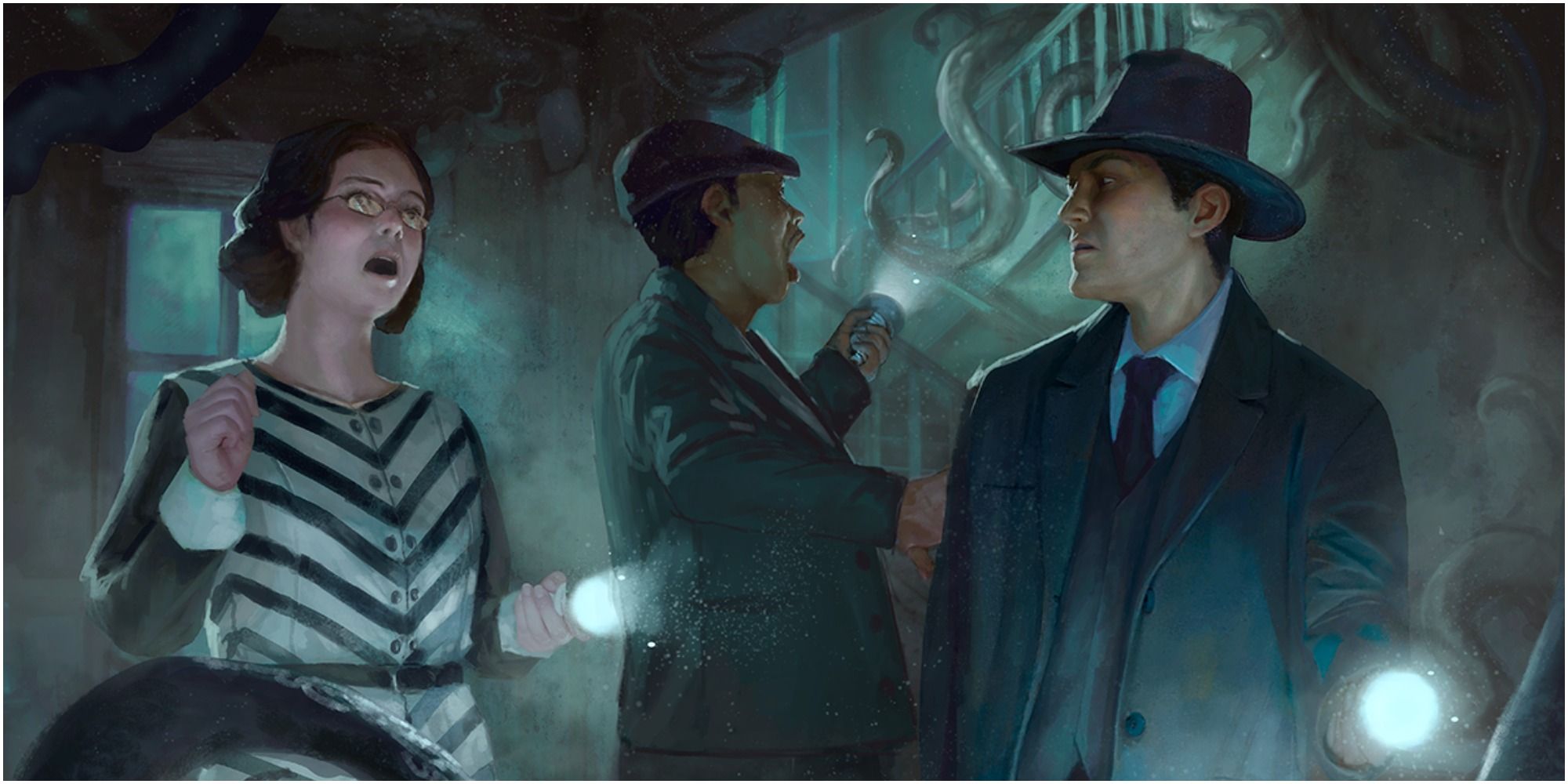
.jpg)
.jpg)
